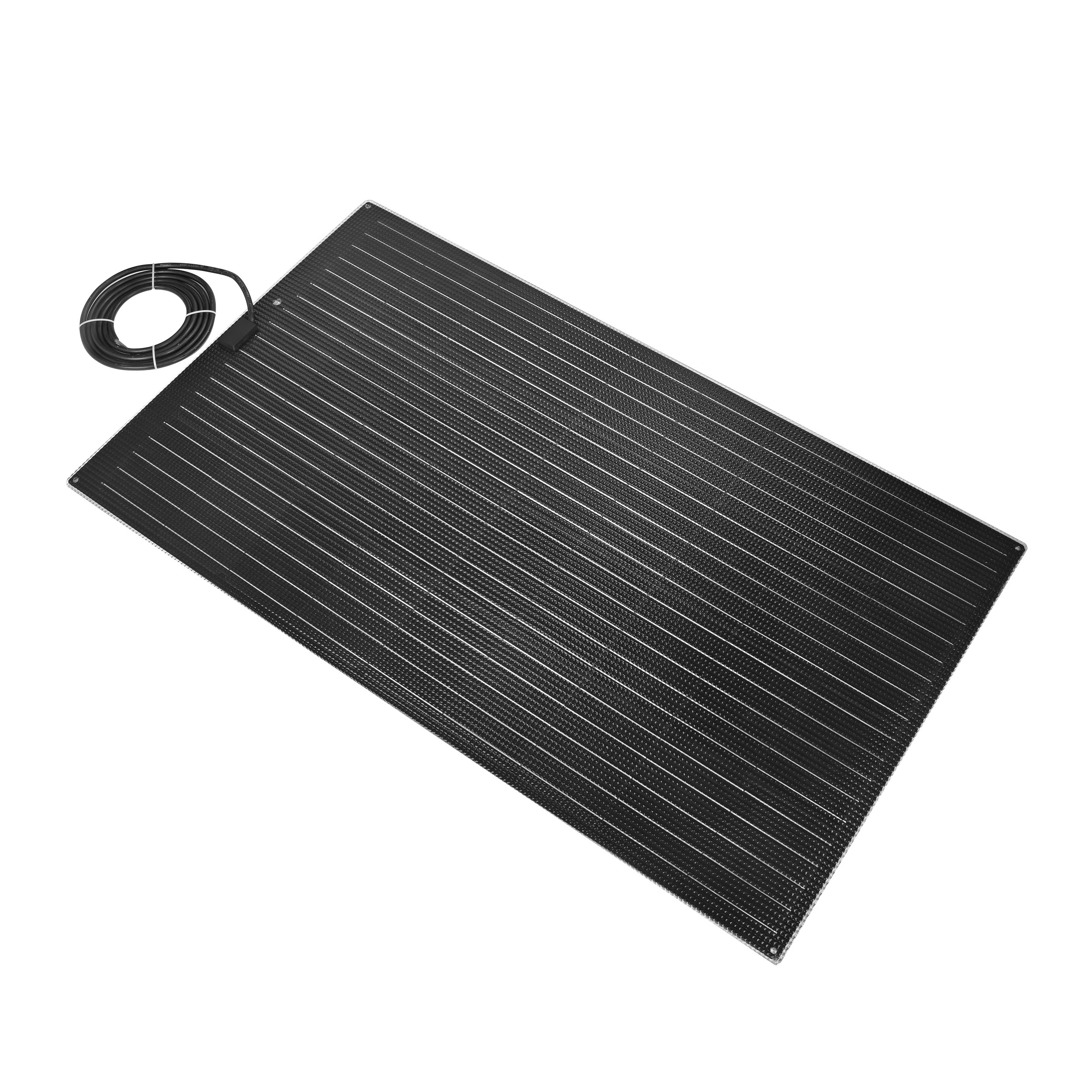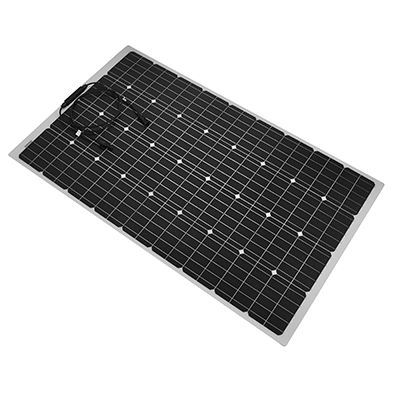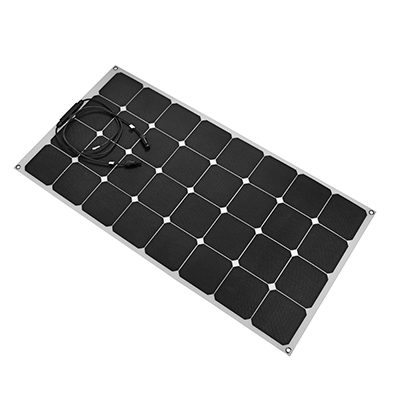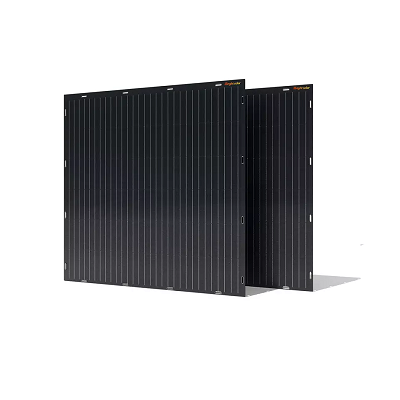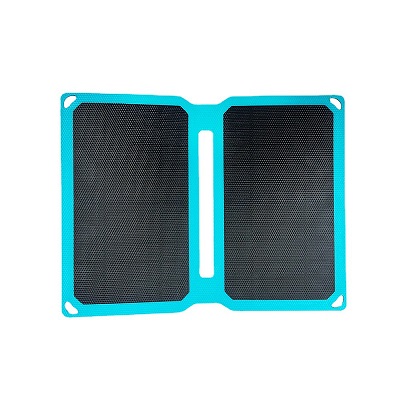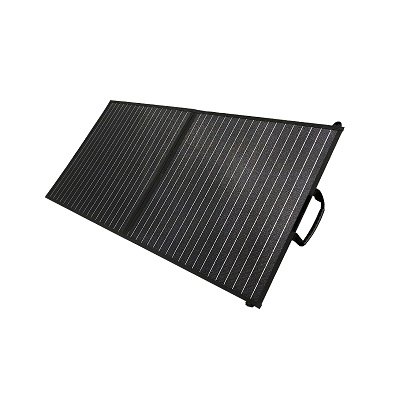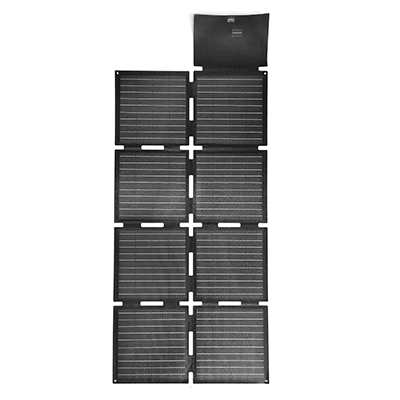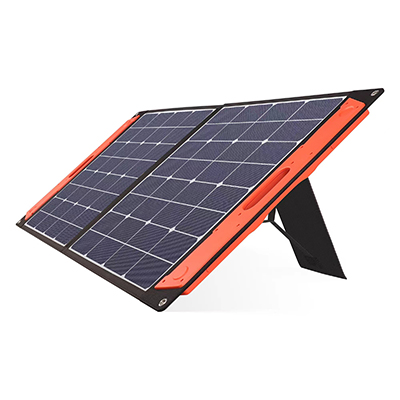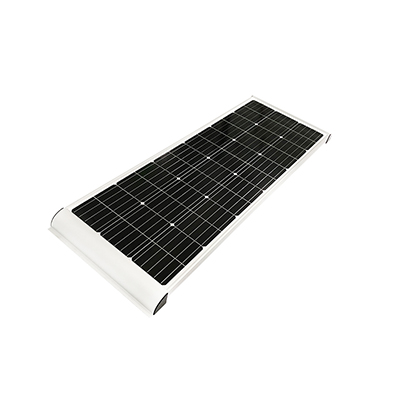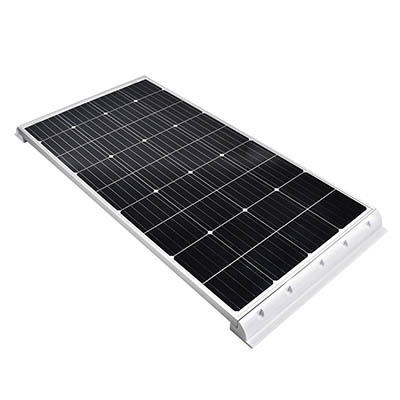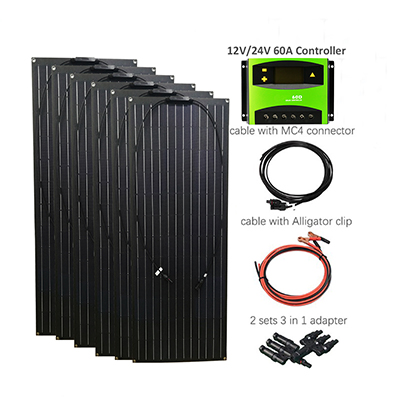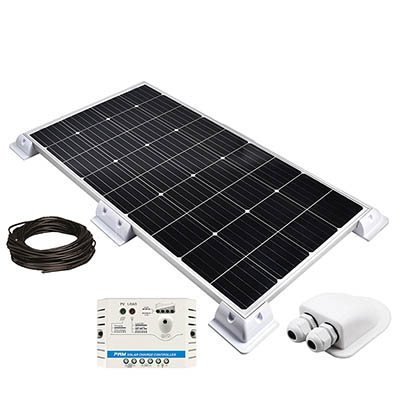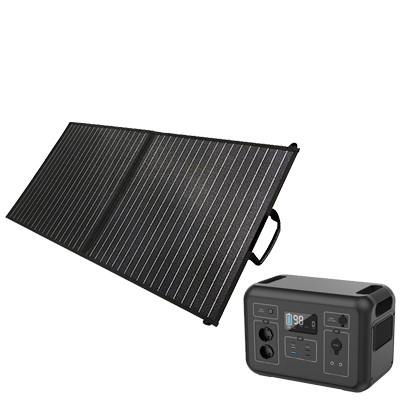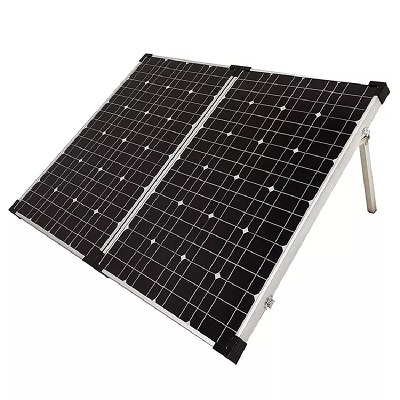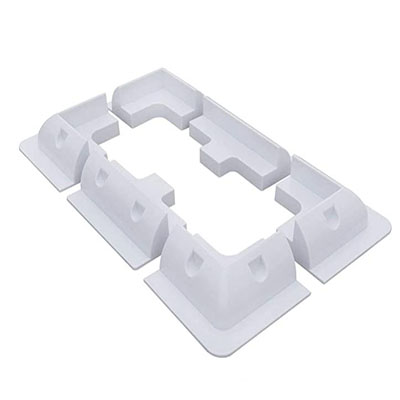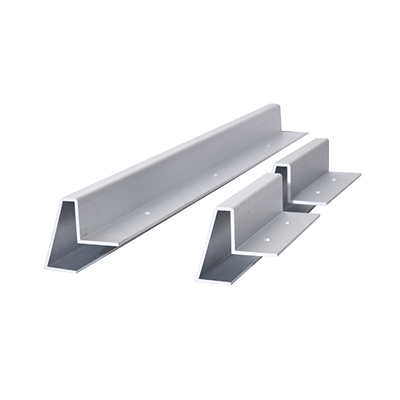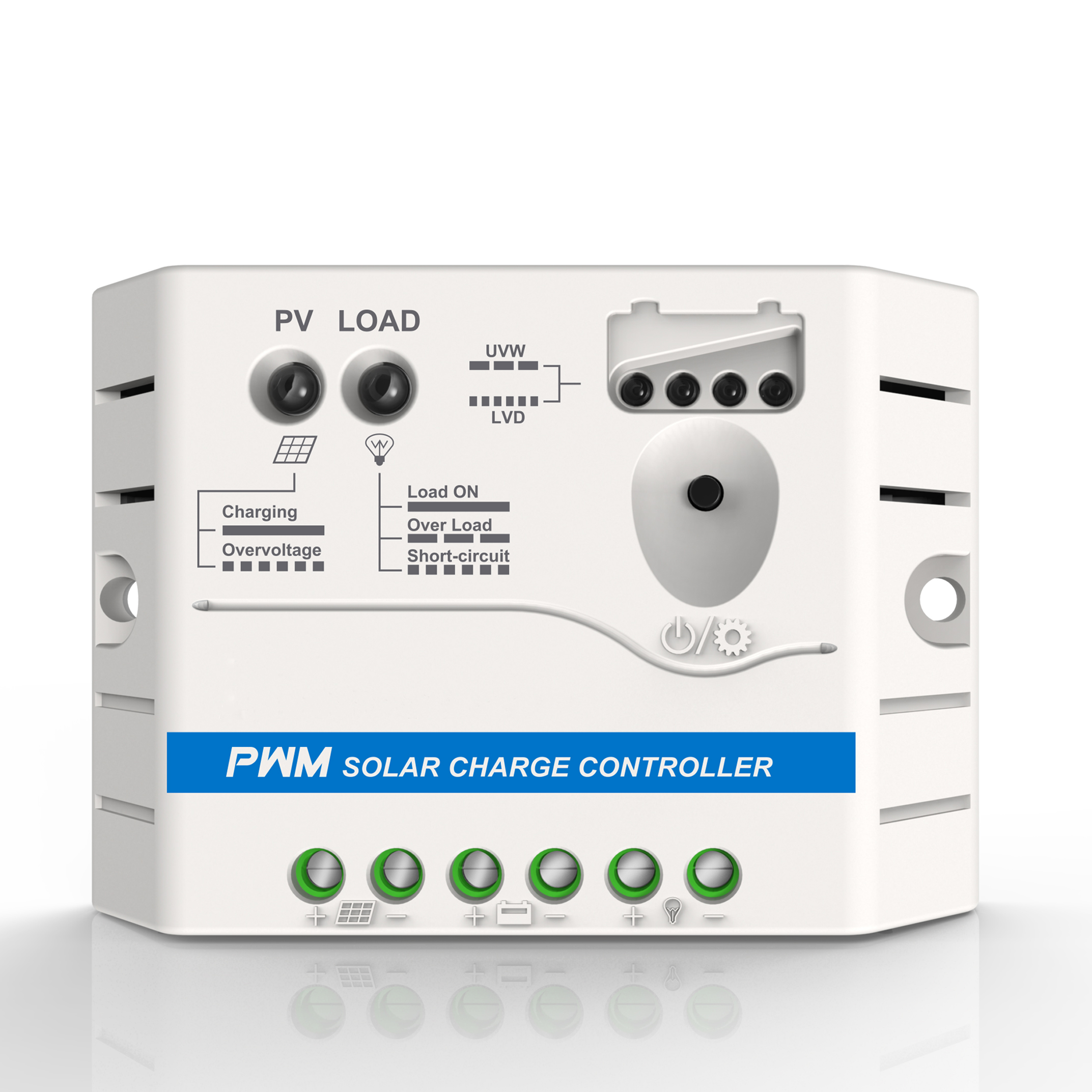What are the criteria for a good solar panel?
What are the criteria for a good solar panel?
The criteria for a good solar panel can mainly be considered from the following aspects:
Efficiency: This is a key measure of solar panel performance. It represents the ability of a solar panel to convert sunlight into electricity. High-efficiency solar panels can produce more electricity from the same area.
Durability: A good solar panel should have good durability and be able to operate stably under various harsh weather conditions. This includes wind resistance, rain resistance, snow resistance, frost resistance, UV resistance, etc.
Quality Assurance: Good solar panel manufacturers usually offer long-term warranties. This typically includes a product warranty (which covers manufacturing defects and material issues) and a power warranty (which guarantees performance after a certain number of years).
Temperature coefficient: This is a measure of how quickly a solar panel's performance degrades at high temperatures. The lower the temperature coefficient, the less performance loss a solar panel will experience at high temperatures.
Manufacturer's reputation: A good solar panel manufacturer should have a good market reputation and stable financial status, and can ensure long-term after-sales service.
Solar cell types: Common ones include monocrystalline silicon, polycrystalline silicon, copper indium gallium selenide (CIGS), cesium tellurium, perovskite, etc. Different types of solar cells have different performance, efficiency, cost, etc.
Reliability and safety: Comply with relevant international and local electrical safety standards and regulations.
Environmental protection: Whether environmental protection is considered during the manufacturing process and whether it is easy to recycle.
The above factors can be used as your standard reference for selecting and comparing solar panels.


